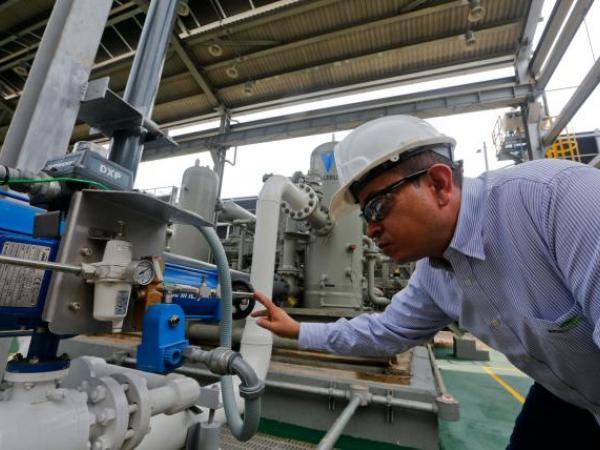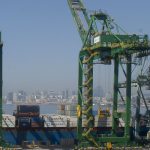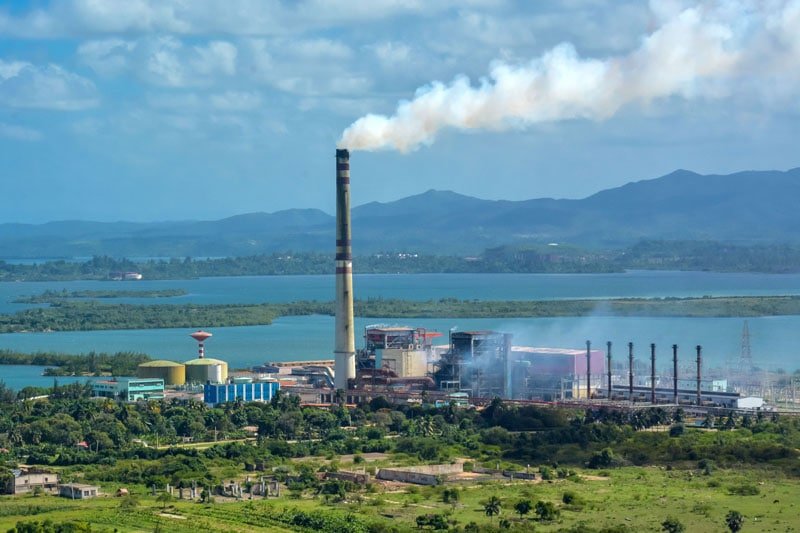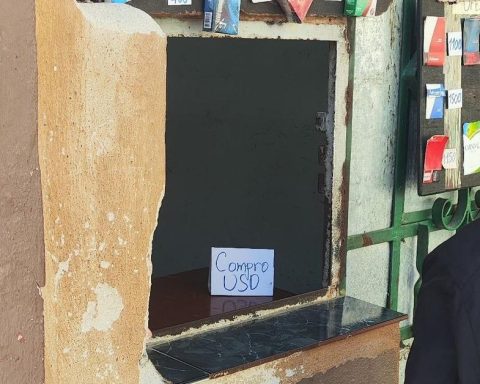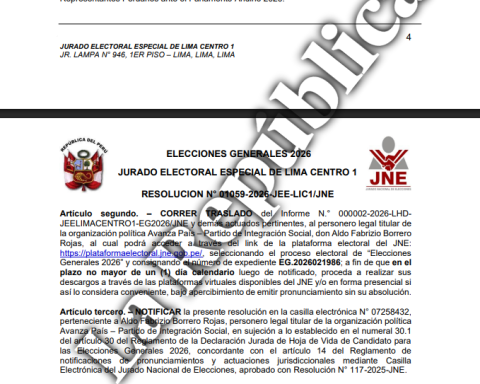Once again, the National Government is making efforts to put out to tender the Pacific regasification plant project. This project, which has been the subject of controversy throughout the current government and which has already had a failed bid attempt, since it was declared deserted in October 2021 due to the lack of interest from some investor, it returns to the public debate due to the recently issued draft resolution 702005 of the Creg, with which this government tries again, and with greater intensity, to seduce potential investors interested in the project.
(Hydrogen, companies’ commitment to energy transformation).
The new draft resolution, surprisingly, raises reduce the requirements and safeguards that the previous process had to mitigate the risks of delay and cost overruns for its mournersthat is, on all natural gas users in the country, all of which will not necessarily be beneficiaries of the project.
In particular, the tender project makes the following significant changes.
In the first place, it allows the award of the project even in the case in which a single proponent is presented, or a single valid proposal. In other words, bid competition is not necessary for the auction process to be considered successful and awarded. In addition to this worrying condition for a project of several billion pesos that all Colombians will have to pay, the resolution creates a schedule for the project, in which it proposes that the successful bidder begin to pay for the investment, even if there are delays that do not allow the project to come into operation on the expected date.
(Strong growth of Foreign Direct Investment in the country).
All of the above highlights the urgency of the National Government to get investors interested in the Pacific regasification plant almost at all costs, lowering the standards of the bidding process.
However, the characteristics and risks of the project, as well as its investment magnitudes, and its expected effects in significantly increasing gas prices for consumers, remain valid.
For this reason, the dismantling of some of the mechanisms to protect the interests of Colombian natural gas users, in a project that has been warned by the Comptroller General of the Nation, indicating that there are risks that could negatively affect public interests, mainly in relation to the increase in tariffs of up to 32% on users, as well as the potential for this infrastructure, in the absence of a major environmental event such as the El Niño phenomenon, to become unproductive infrastructure, represents a great concern for the country.
In addition to the warning control issued by the Comptroller General, multiple actors have expressed their concerns in different academic, political and media settings. Guilds such as Naturgas, Asoenergía, ACP and Aciem; civil society groups such as the League of Consumers of Public Services; and renowned experts in the field from both the public and private sectors.
Additionally, it should be considered that the supply of natural gas in Colombia is assured in the medium term, since we have gas reserves to supply us for at least 8 more years if proven reserves are considered, and for almost 10 years if probable reserves are considered. In fact, Colombia’s proven natural gas reserves in 2021 recorded the highest rate of addition in 10 years, demonstrating that domestic exploration continues to drive natural gas in Colombia. Likewise, it is necessary to mention that we also have enormous potential resources, of such magnitude that they would be able to multiply the country’s reserves by more than 15 times, increasing their life index by up to 100 years. With this, there is no need to import additional natural gas in the medium term, since Colombia’s gas sovereignty and self-sufficiency, two very important concepts for any nation, are assured.
Despite all this, It is clear that the draft resolution seeks to adjudicate this process, it would seem as if it would take place before the departure of this government, even at the cost of eventual cost overruns, delays in works, higher increases in the price of natural gas or greater vulnerability to acts of corruption. All these risks, which have been transferred to users in favor of investors, maintain consistency in the promotion of a project and a sectoral strategy that, until now, seem to discredit the importance of the effects of a rise in prices, of the cost of life of the users, and of a competitive market.
CHARLE GAMBA
